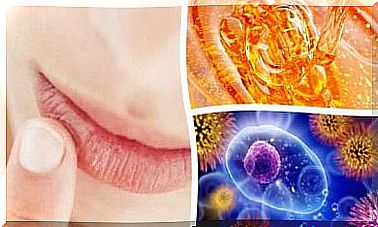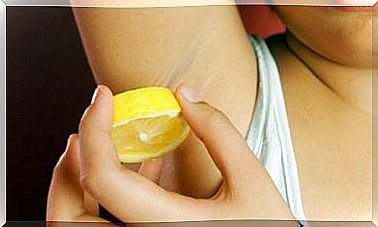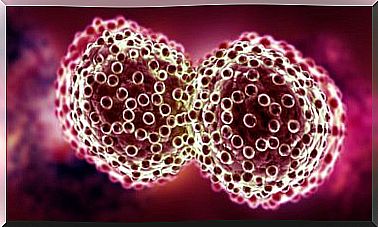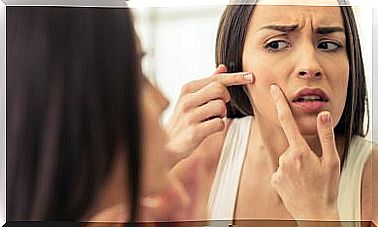5 Habits To Treat Urinary Incontinence
Diet and some exercises can help relieve symptoms of urinary incontinence. Although it is necessary to access other treatments, these simple habits can improve this condition. We tell you what they are.
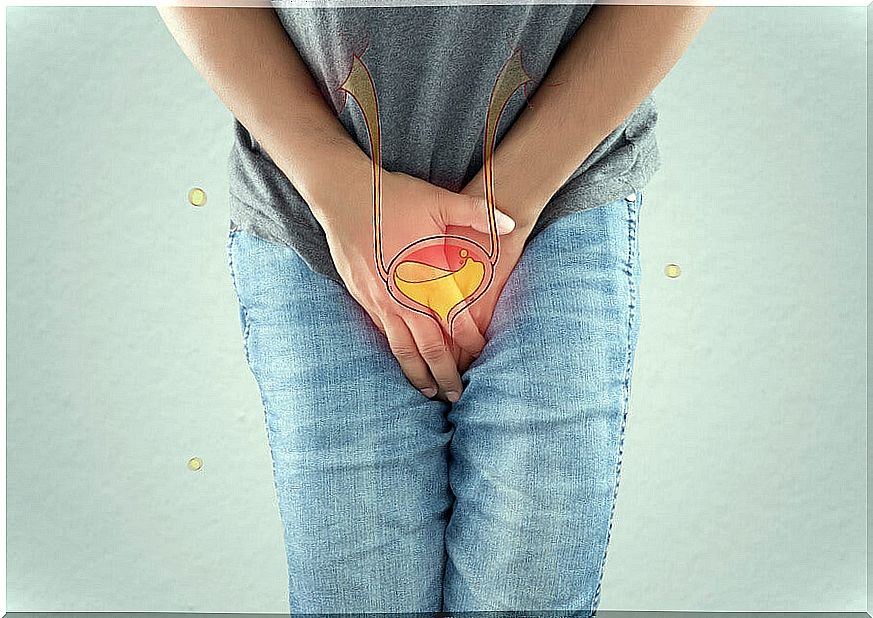
Urinary incontinence is a condition characterized by loss of bladder control. It can be mild, when urine leaks are minor, or severe, when the bladder empties completely.
Although treatment can vary depending on the underlying cause, there are some basic measures that can help control it. On this occasion, we share 5 habits that could help improve urinary incontinence.
Habits to treat urinary incontinence
Loss of bladder control can be caused by many health problems. In fact, urinary incontinence is not a disease in itself, but rather a symptom. In this, urine leaks are sudden and can occur when coughing, sneezing or using some kind of force.
Even some patients develop it severely and experience it as a strong urge to urinate. Now, regardless of their cause or severity, everyone can practice these simple habits. Discover them!
1. Make dietary changes

One of the keys to treating urinary incontinence is to improve your diet. Although many ignore it, there are irritating foods that can negatively affect this condition.
Therefore, a Mayo Clinic publication suggests that it is necessary to minimize or eliminate the intake of certain foods, such as the following:
- Alcohol.
- Chocolate.
- Acid fruits.
- Spicy food.
- Coffee, tea and sodas.
- Carbonated drinks.
- Tomato-based products.
2. Retrain the bladder to treat urinary incontinence
Bladder retraining groups together simple techniques to strengthen the muscles involved in urination. Its goal is to help establish hourly guidelines for bladder emptying. Thus, the first technique is to schedule fixed times to go to the bathroom.
The ideal is to hold the urge to urinate as much as possible, until the body gets used to emptying at the established times. Of course, it is important to do it gradually: go every hour, then every two hours, until they can go up to 4-hour intervals without leaks.
Another simple technique allows you to strengthen your ability to hold urine. This consists of delaying urination a little when there is an urgent need to go to the bathroom. So first you are delayed 5 minutes, then 10 and so on until you feel more control over your bladder.
3. Do exercises for the pelvic floor
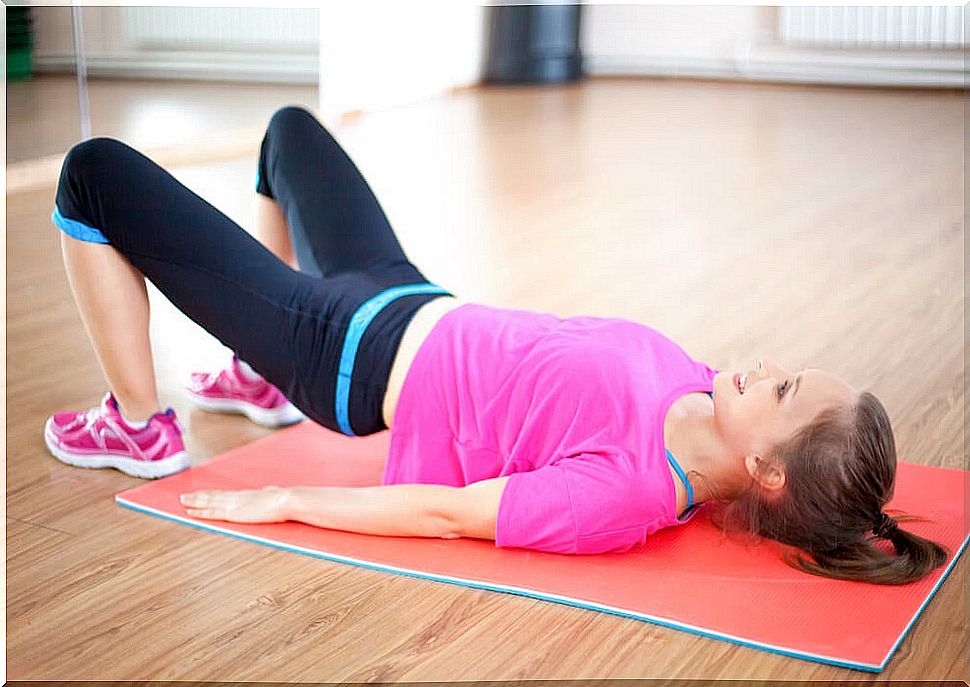
Pelvic floor strengthening exercises are a good complement to treating urinary incontinence. In fact, they are often the first treatment option when urine leaks are mild. The best known are the so-called Kegel exercises, whose practice can be done daily at home.
In relation to this, a study published in the Global Journal of Health Science comments that these exercises are a mechanism that could improve the quality of life and self-esteem of women with urinary incontinence.
What should you do?
- To start, tighten and relax your pelvic floor muscles for 5-10 seconds. Then rest the same time. The pelvic floor muscles are the same muscles that you use to stop the flow of urine in the middle. If you are not sure how to do it, try cutting out the urine when you are in the bathroom.
- Other activities, such as the bridge or pelvic lift can help. However, you have to focus on contracting the correct muscles.
4. Avoid tobacco use
Tobacco use can compromise the nerve function of the bladder. Due to its high content of toxic components, smoking can cause a weakening of the pelvic floor muscles. Specifically, according to a study published in Science Direct , the effect of nicotine can cause excessive contractions in the bladder, resulting in a sudden increase in the need to urinate.
On the other hand, it should be remembered that smoking can lead to a chronic cough problem, which also affects urine leakage. When coughing, abdominal pressure on the pelvic floor increases, causing the bladder and urethra to drop.
5. Avoid alcoholic beverages
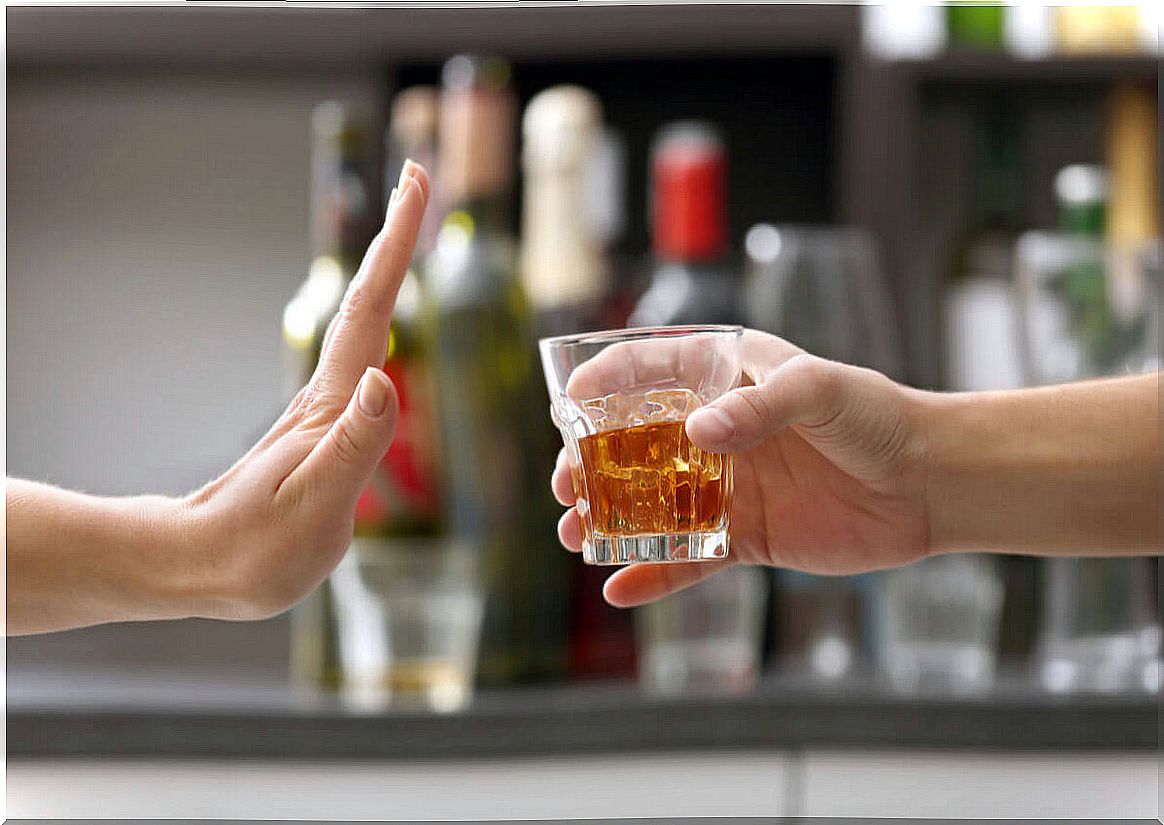
The excessive consumption of alcoholic beverages is related to the weakening and irritation of the walls of the bladder, ureters and kidneys. Therefore, when treating urinary incontinence, it is best to avoid the intake of this type of drink.
Alcohol overstimulates the bladder and decreases the ability to hold urine. Also, being dehydrating, it could increase the risk of UTIs.
When to go to the doctor?
Finally, it should be remembered that, although these tips can help treat incontinence, it is important to see a doctor if you have symptoms of this condition. This, since the sooner a diagnosis and treatment is received, the better the prognosis.


